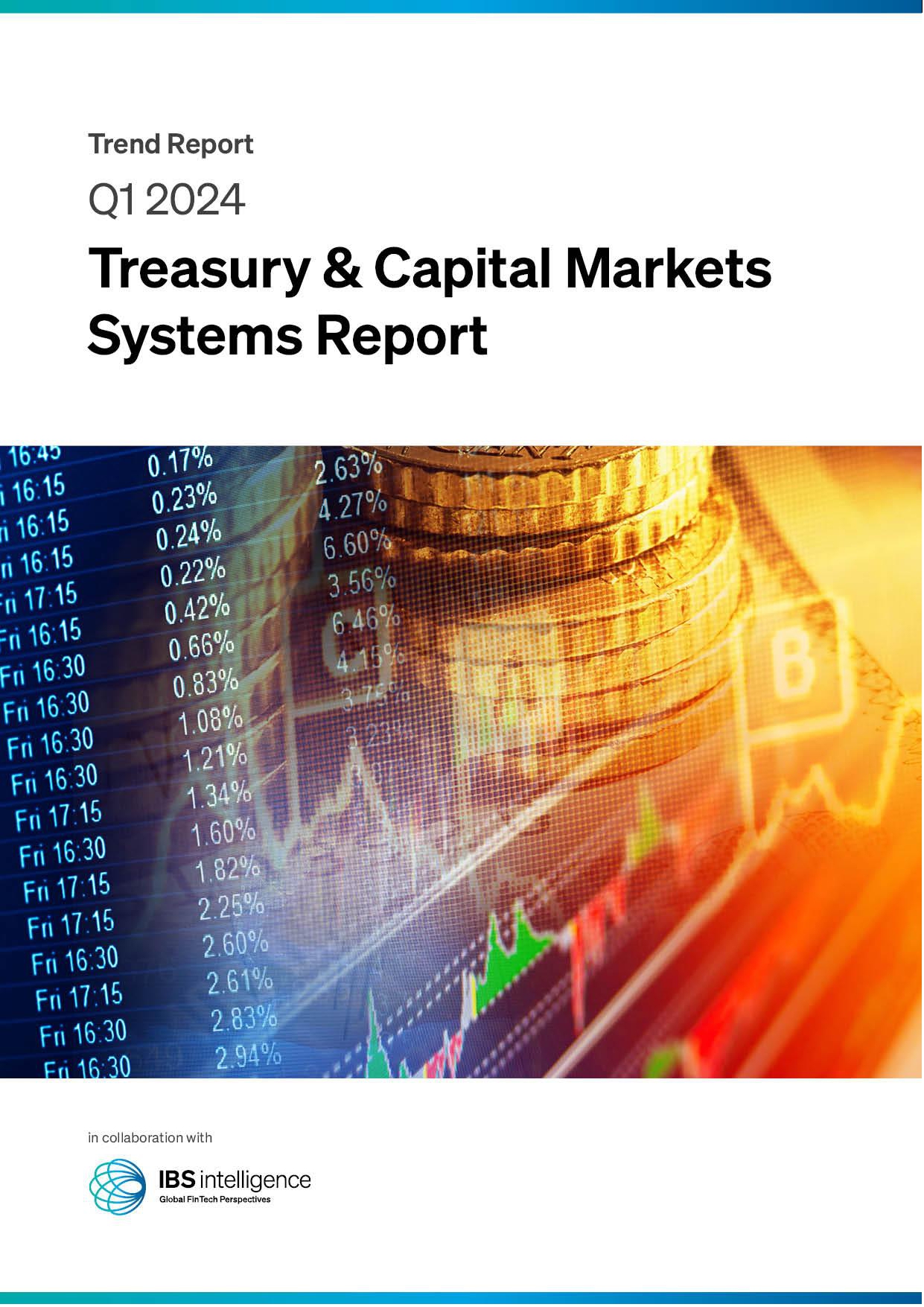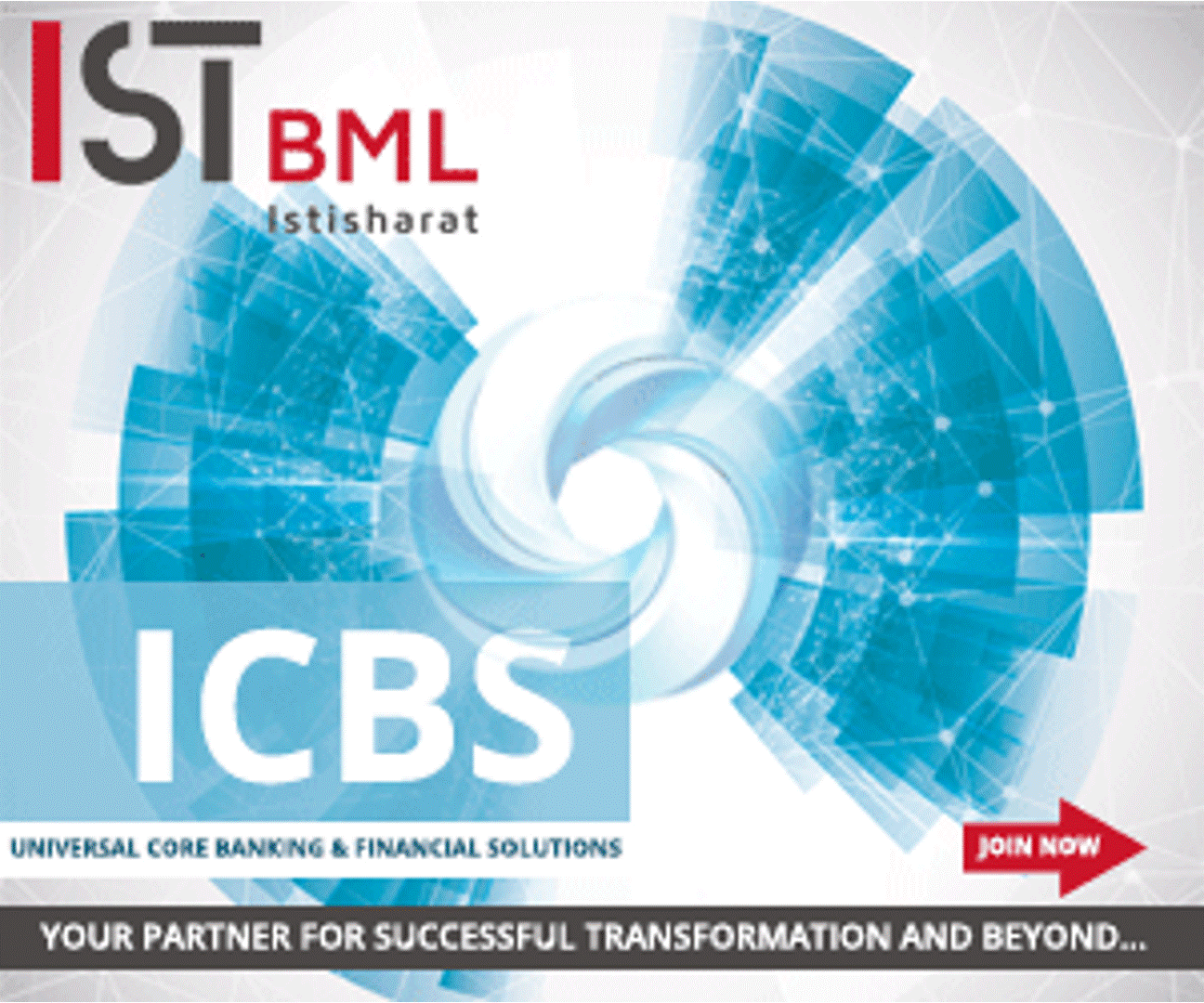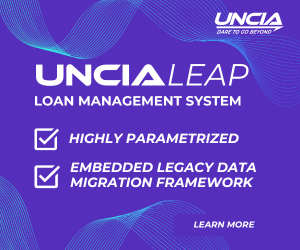Nigeria’s Islamic Finance sector eyes growth amid higher capital requirements
By Puja Sharma
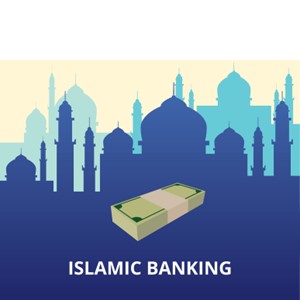
There is a Higher capital requirement to support Nigeria’s Islamic Finance industry growth————-
While Islamic banks’ lower capital requirements compared to conventional banks could provide an advantage, with lower barriers to entry, it is expected their market share to remain below 2% as conventional banks are likely to grow faster
Fitch Ratings expects the Islamic finance sector in Nigeria to continue growing over 2024–2025, driven by the anticipated increase in equity issuance for Islamic banks to comply with the Central Bank of Nigeria’s (CBN) significantly increased paid-in capital requirements. While Islamic banks’ lower capital requirements compared to conventional banks could provide an advantage, with lower barriers to entry, we expect their market share to remain below 2% as conventional banks are likely to grow faster.
The CBN announced in March 2024 that Islamic (non-interest) banks, commercial banks, and merchant banks must meet significantly higher paid-in capital requirements (share capital plus share premium) by end-1Q26. This follows the sharp devaluation of the Nigerian naira since May 2023, which has depressed banking capital ratios and heightened credit concentration risks.
The Islamic finance industry in Nigeria is estimated at $3.8 billion at end-2023. It is predominantly sukuk, at 59.3% of the total industry value, followed by non-interest banks (39.8%), and Islamic funds and takaful (together 0.9%). However, long-standing challenges include gaps in the distribution network compared to conventional banks, a smaller, but growing, capital base, low public awareness and demand for Islamic products, and segments of the public strongly opposing Islamic finance.
The minimum capital requirement for non-interest national banks has doubled, to NGN20 billion. However, commercial and merchant banks are subject to even greater capital thresholds, with commercial national banks needing NGN200 billion, up from NGN25 billion, and merchant banks requiring NGN50 billion, up from NGN15 billion.
Jaiz Bank PLC (B-/Stable) recently signed a memorandum of understanding with the Islamic Corporation for the Development of the Private Sector (ICD). The parties agreed to explore investment opportunities through the introduction of additional Tier 1 capital (mudarabah capital) for the business growth of Jaiz Bank PLC, and its regional expansion through ICD’s partnership and networks. Taj Bank and Lotus Bank (both unrated) must also comply with a NGN20 billion minimum paid-in capital requirement. At end-2022, the capital gap was NGN6 billion (around $5 million using the current exchange rate) for each bank.
Four non-interest banks operate in Nigeria, while an additional two banks operate Islamic windows. Non-interest banks’ total assets (end-2023: 1.1%), deposits (1.3%) and financing (1.0%) are a small proportion of the total banking industry. However, there is significant potential for growth in Nigeria’s Islamic finance industry, underscored by Nigeria having the largest Muslim population (53% of total population in Nigeria) in Africa, and by over a fifth of the Nigerian population being unbanked. This emphasises the potential for Islamic finance to cover the financial inclusion gap.
Islamic banking in Nigeria is supported by less stringent prudential regulations than for conventional banks, with Islamic banks having a lower liquidity ratio requirement set by the CBN. Furthermore, Islamic banks have a 50% ‘alpha factor’, which effectively reduces the amount of risk-weighted assets, a benefit not extended to conventional banks. Those regulatory reliefs could enhance the capital ratios of Islamic banks, facilitating their ability to expand their market presence without being constrained by capital requirements as for conventional banks.
The government continued to issue domestic sukuk in 2023. However, its sukuk market is still relatively underdeveloped. Total outstanding sukuk reached $2.3 billion at end-1Q24, or 2% of the Nigerian debt capital market. While Nigeria’s sukuk market is small domestically, it is the largest in Africa, with 42% of the continent’s sukuk, followed by Egypt (29%) and South Africa (20%).
IBSi Daily News Analysis
IBSi FinTech Journal
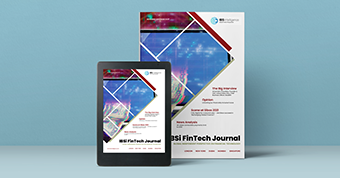
- Most trusted FinTech journal since 1991
- Digital monthly issue
- 60+ pages of research, analysis, interviews, opinions, and rankings
- Global coverage
Other Related News
July 17, 2024
Digital banking glitches drive younger generations away from traditional banks
Read MoreRelated Reports
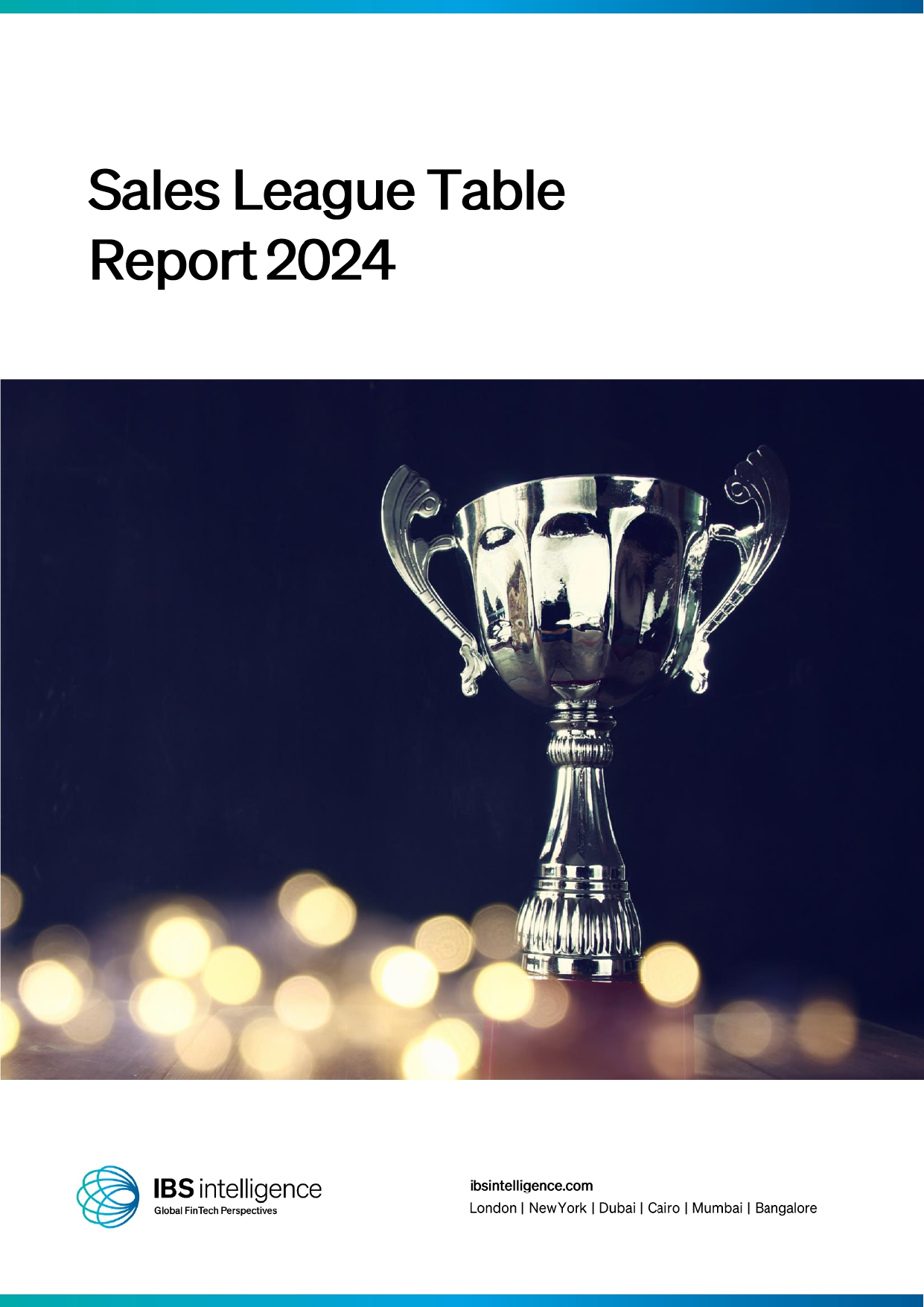
Sales League Table Report 2024
Know More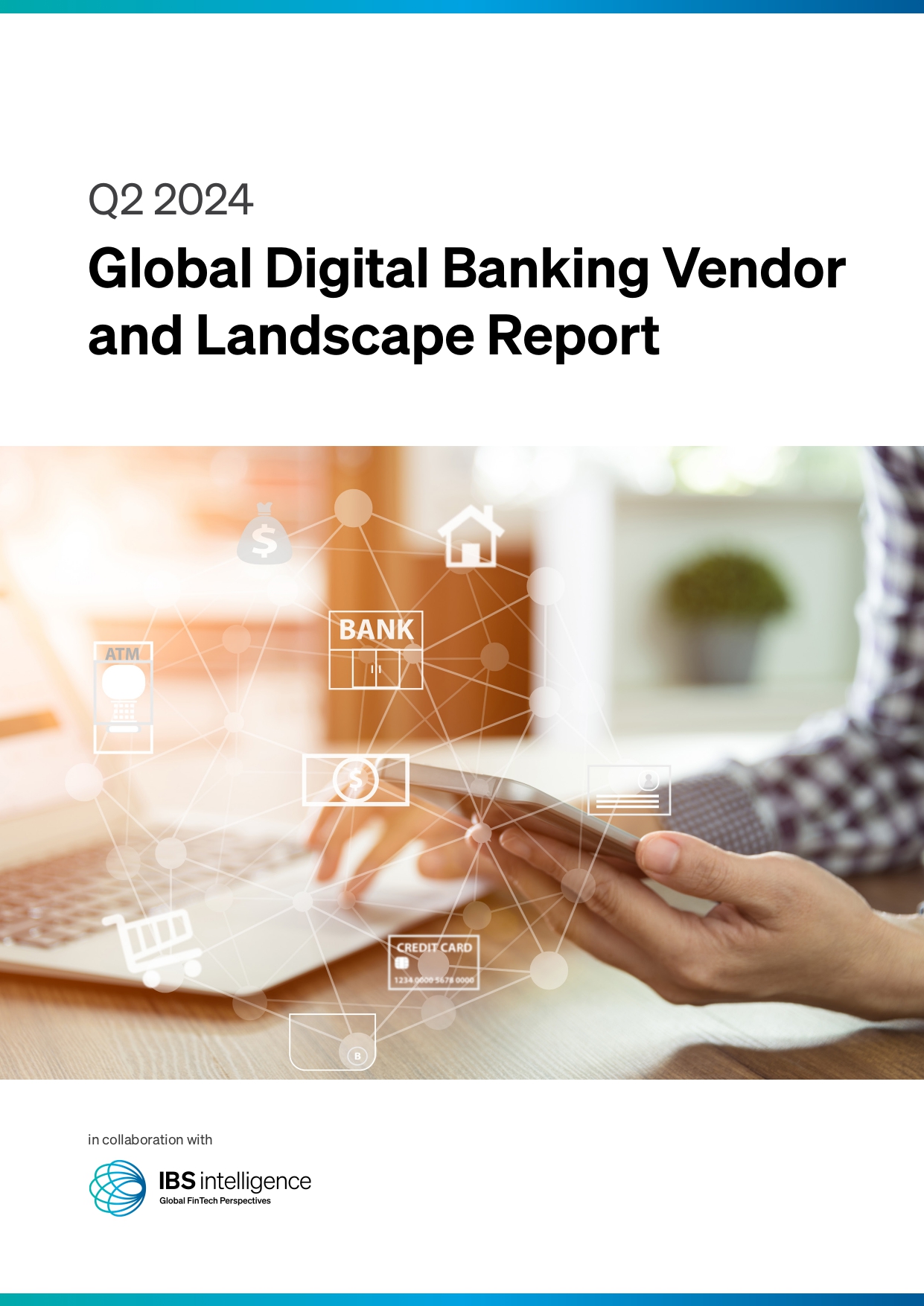
Global Digital Banking Vendor & Landscape Report Q2 2024
Know More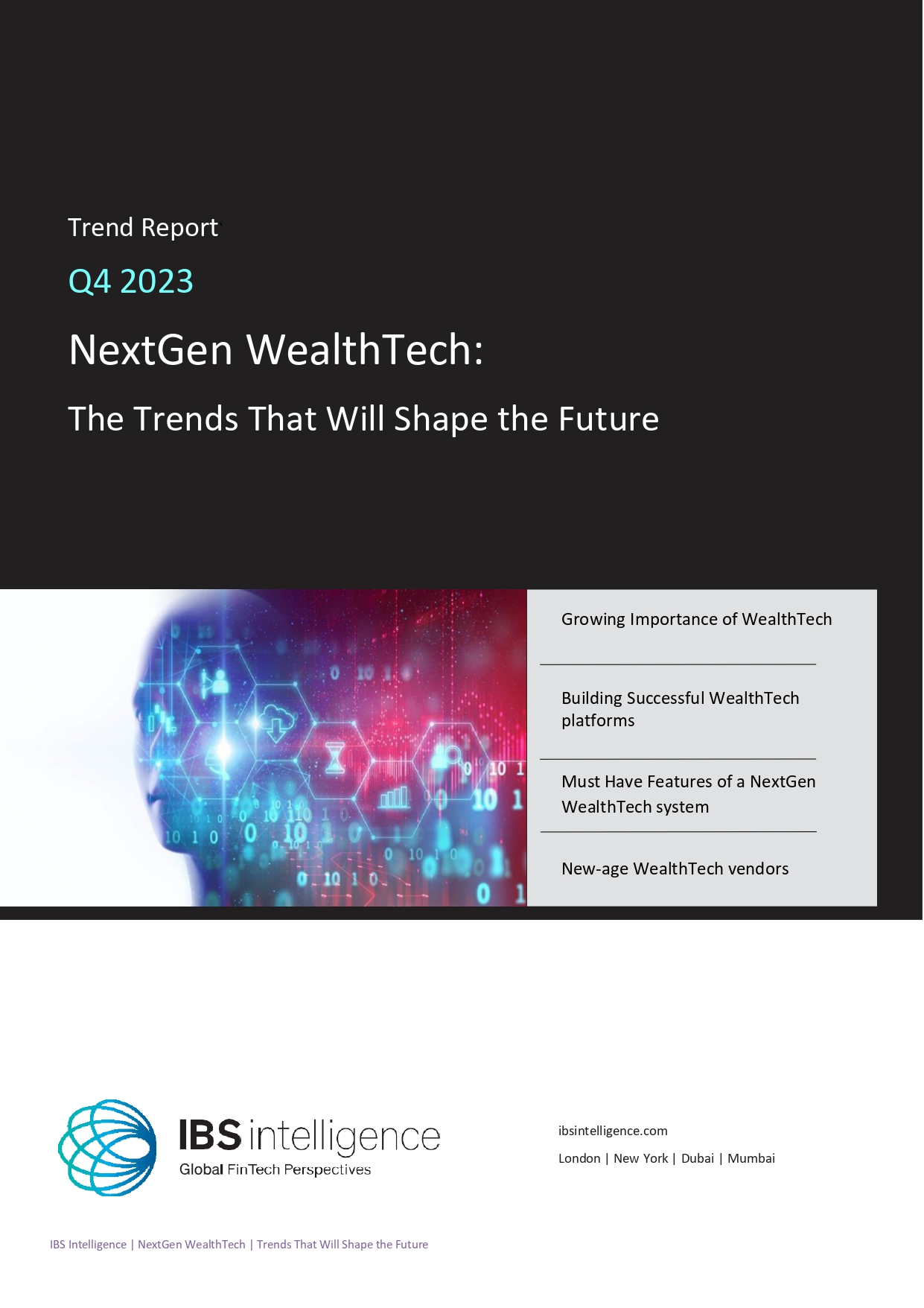
NextGen WealthTech: The Trends To Shape The Future Q4 2023
Know More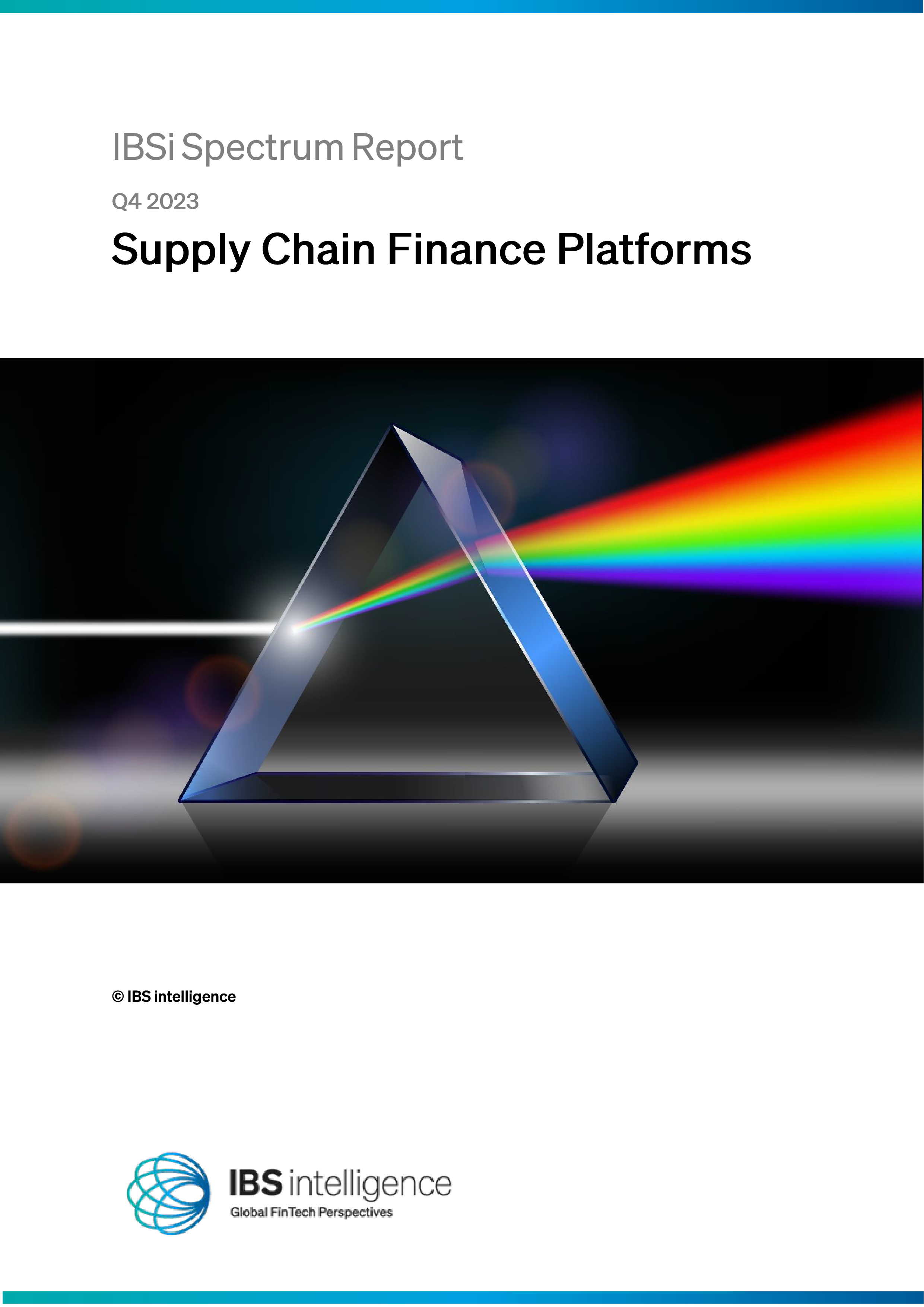
IBSi Spectrum Report: Supply Chain Finance Platforms Q4 2023
Know More